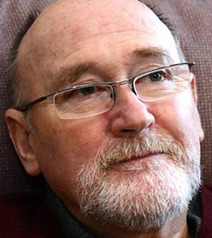
Noel Conway, a retired college lecturer from Shrewsbury, was diagnosed with amyotrophic lateral sclerosis (ALS), a form of motor neurone disease, in November 2014. His condition then was incurable and he was not expected to live beyond the next 12 months.
Noel felt that he was prevented from exercising his right to choice and control over his death under the current law, a law that in his eyes is an unjustifiable interference with the right to respect for private life under the European Convention on Human Rights.
He wanted a doctor to be allowed to prescribe a lethal dose when his health deteriorated, but the current law means any doctor who did so risked 14 years in prison. He feared that without a change in the law he may be forced to suffer against his wishes.
His request made to the High Court was refused too. Two out of three judged had ruled that it should not be allowed. They stated that it would be inappropriate to go against the ‘will’ of Parliament, that voted against changing the law for assisted dying. It thereby prevented a judicial review.
After Noel Conway’s appeal, the Appeal Court stated that Noel Conway could proceed and that the High Court should not prevent challenges to the law whatever fragility of the prospects. In September 2018 his legal battle for reform ended when the Supreme Court rejected his bid to appeal against a High Court ruling that refused him the option of assisted dying.
Noel Conway finally died at home on Wednesday the 9th of June after deciding with his family to remove his ventilator at the age of 71. Noel Conway’s wife says her husband had a “painless and dignified death”.
His case was among several high profile attempts to challenge the UK’s law on assisted dying.

 United Kingdom
United Kingdom